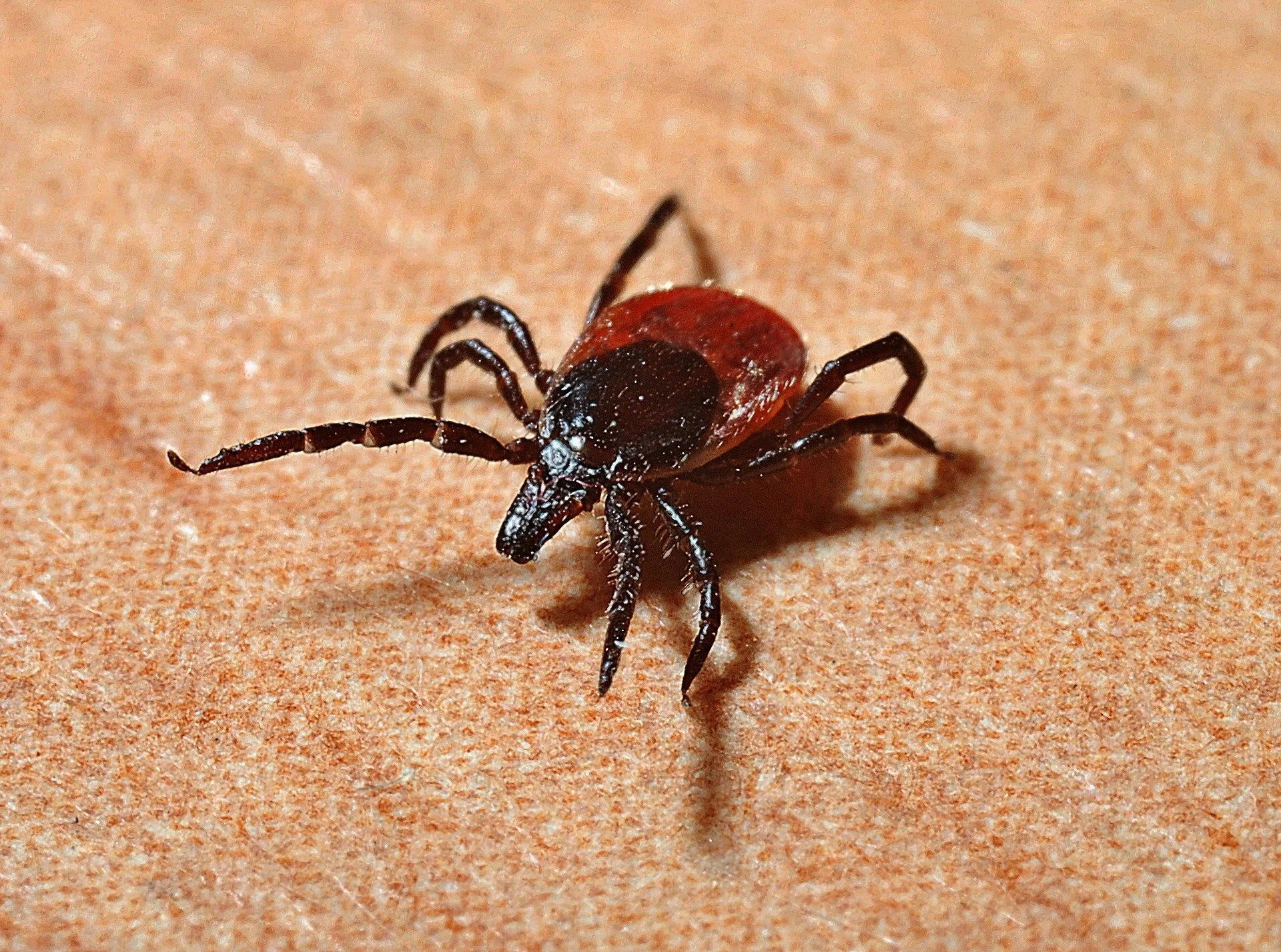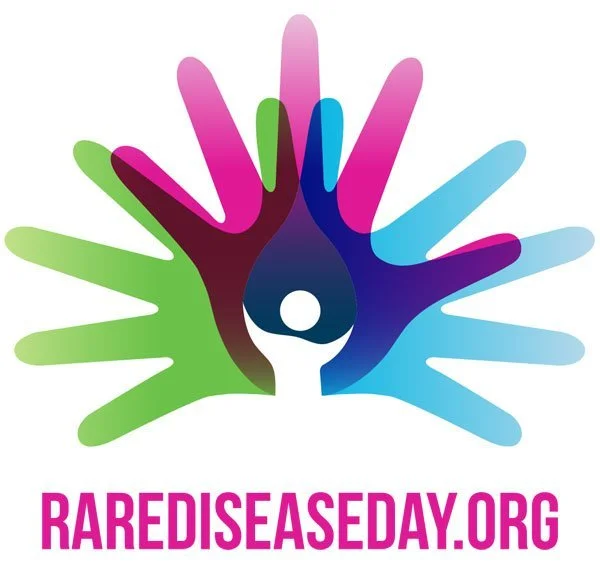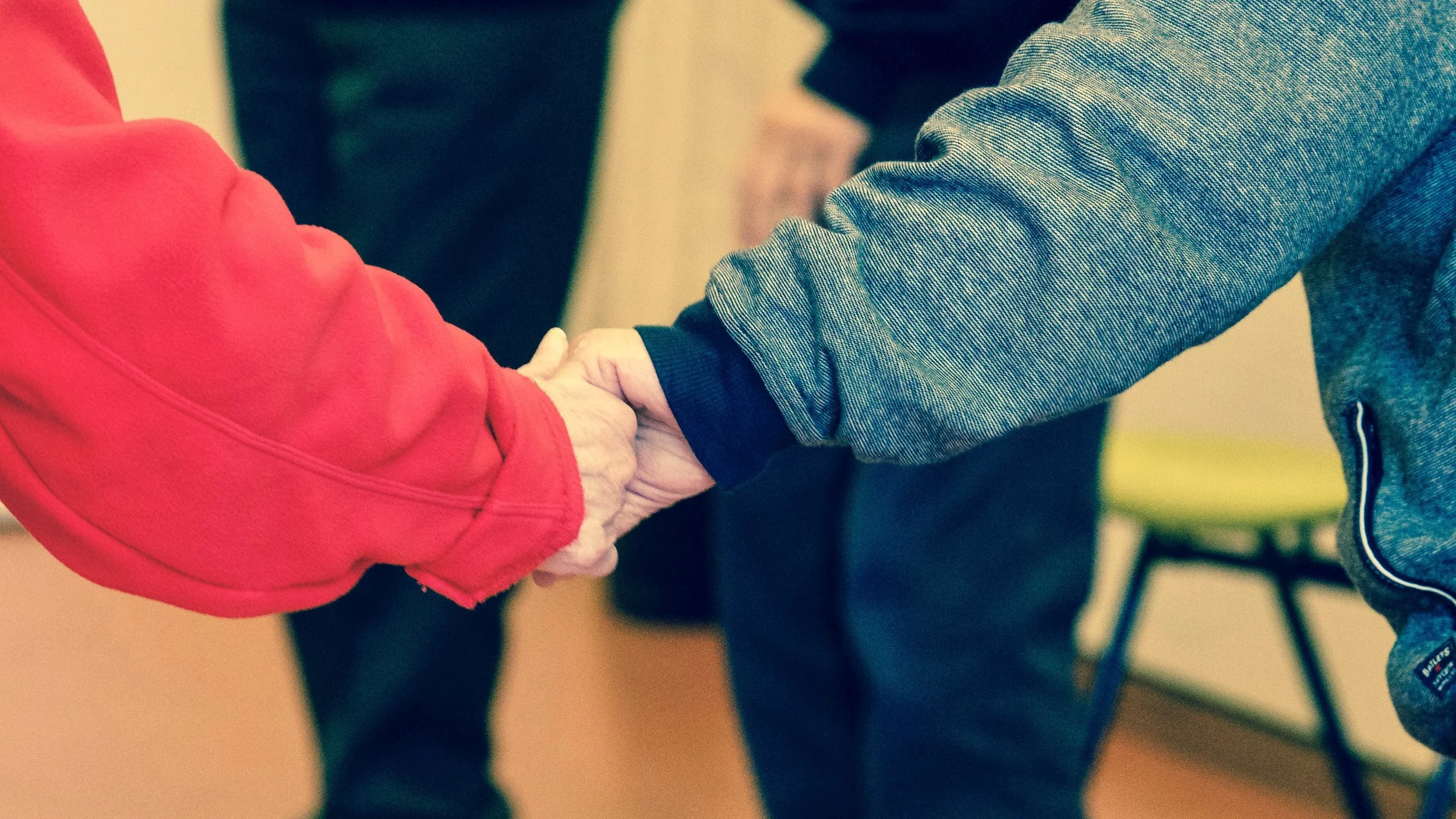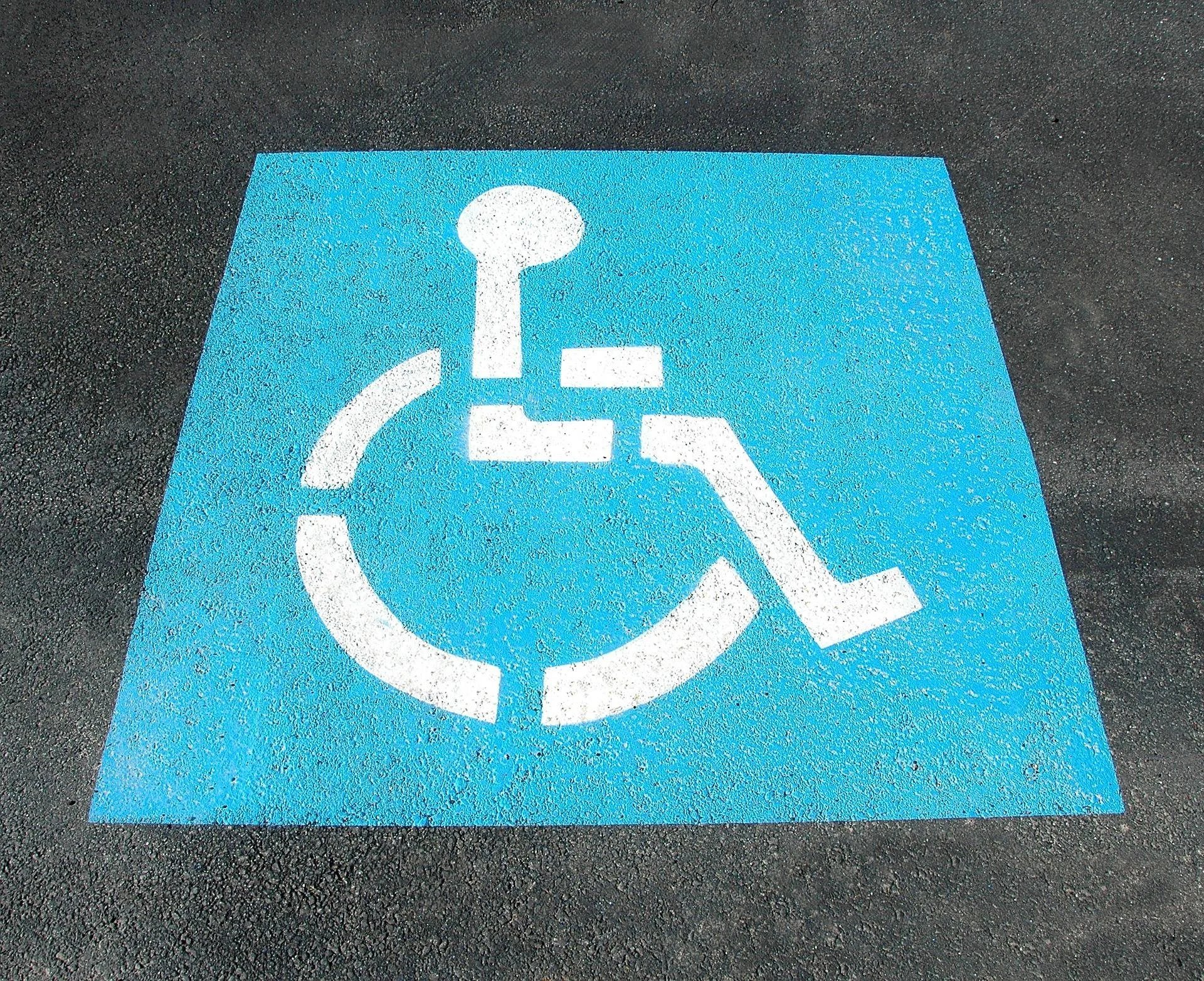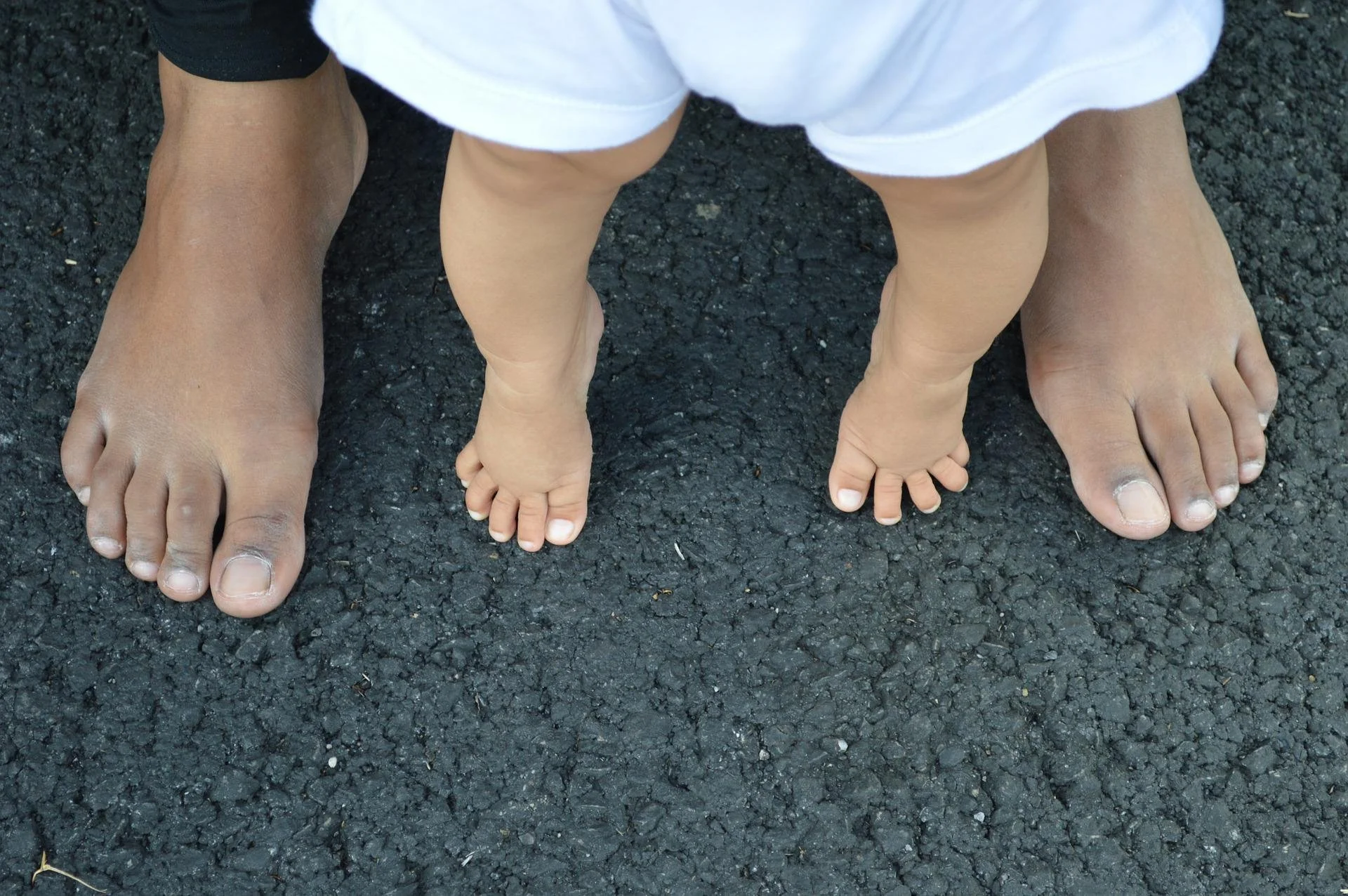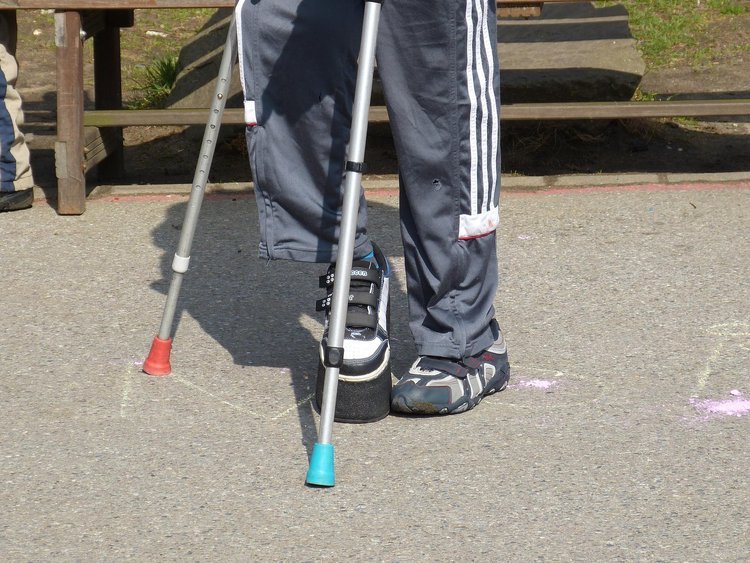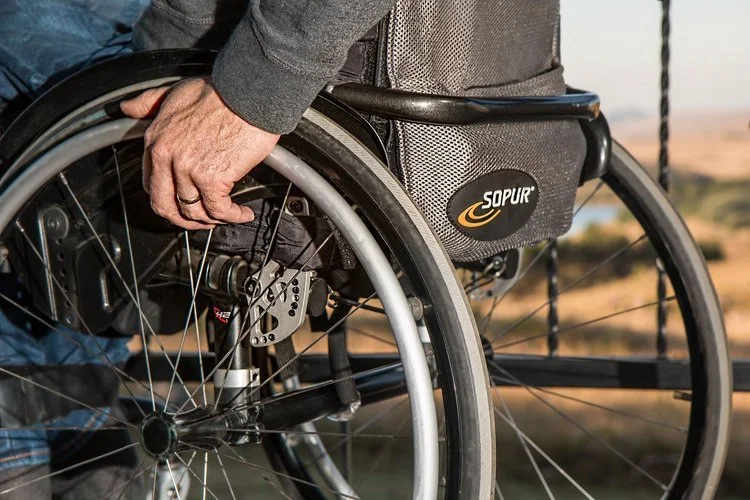Living with Rare Disease Blog
Educate, connect, and empower patients, families, and healthcare professionals.
Rare New England’s blog provides valuable insights, research updates, and personal stories related to rare diseases, with a focus on the New England community. Our goal is to educate, connect, and empower patients, families, and healthcare professionals navigating the challenges of rare conditions.
Curious about a specific topic? We’d love to have you recommend a topic to us to write about.
Virtual Medical Visits
Nine-year-old Ellie McGinn has a rare genetic disorder called LBSL. (This acronym stands for Leukoencephalopathy with Brainstem and Spinal Cord Involvement and Lactate Elevation – whew!). It affects her brain and spinal cord, causing the ability to walk, stand and coordinate movement to deteriorate over time.
Service Dogs
Although some people may still equate service dogs with people who are blind or visually impaired, the truth is these animals’ skills have really evolved in recent years!
While many people use the terms “service dog” and “therapy dog” interchangeably, that is actually far from accurate.
Disaster and Emergency Planning
The challenges of an ordinary day can be difficult enough for those with a chronic illness or disability to navigate, let alone one where there’s an emergency or disaster. Unfortunately, due to the times we live in, individuals with special physical, medical, sensory or cognitive needs must plan ahead to the best of their ability, anticipating what may happen in the event of a sudden evacuation or other emergency.
Rare Disease Day
February marks a special anniversary for the rare disease community – it’s a decade since the first Rare Disease Day was celebrated. Held annually on the last day of February, the event kickoff was especially significant in 2008, as that was a leap year – a relatively rare occurrence.
Caring for the Caregiver
When a loved one lives with a rare disease, it's easy to get caught up in his or her needs. After all, a person living with a serious disease or disorder may require countless hours for doctor's or hospital visits, medication or treatments, and assistance with day-to-day tasks from household chores to personal hygiene.
Orphan Drug Tax Credit
You’re a person living with a rare disease or disorder, chronic and potentially life-threatening. You desperately need medication to maintain your quality of life. But perhaps your disease is so rare that there is little incentive for a pharmaceutical company – which is, after all, for-profit – to invest the time and money into developing a drug.
November 9th is Genetic Counselor Awareness Day
Genetic Counselors are trained in the field of genetic medicine, while at the same time focusing on your emotional wellbeing. Genetic counselors are equipped to help you understand the genetics of the condition in your family, while traveling with you on the emotional journey.
Considerations in Genetic Testing
Genetic testing is a type of medical test that can determine the presence, absence or changes in genes, chromosomes and proteins. To date, there are over 1,000 different genetic tests in use – including prenatal and newborn testing.
Never Underestimate the Power of Your Voice!
Unless you've been living under the proverbial rock, you'll have noticed there's a lot in the news about healthcare lately. Politicians argue daily about this or that plan; the average citizens simply worry about their needs being met. What happens if you have a serious condition and can't get the doctors or medications you need to survive?
Stolen Handicapped Placards and Projects to End the Crime
On a recent trip to the supermarket, I happened to park my car outside a vehicle with wide open windows. As I walked past it, I noticed a handicapped hangtag lying on the seat in full view. Were I so inclined, I could have put my arm right into the car and taken the hangtag with virtually no effort.
Adjusting to a Rare Disease Diagnosis
Perhaps you are just learning that you or your child has a rare disease; you may feel shocked, sad, scared, angry, overwhelmed or all of the above. It is not uncommon to experience a range of emotions after receiving a genetic diagnosis.
Ableism
Despite all the bad things in the world that we hear about each day, one thing still seems pretty clear. Most individual people truly do want to say and do the right things. However, even with the best of intentions, it’s far too easy to hurt someone’s feelings, often without realizing it.
A Review of IEPs and 504 Plans
While having to live with a rare disease is difficult at any age, there are special challenges when you’re a child. Most kids will moan about various aspects of school, but rarely is there any real question about their ability to get through them.
Chronic Illness and Energy Limits: Helping Others Understand
The average person doesn’t usually think about the amount of energy it takes to do basic things. Essential tasks such as taking a shower, preparing a meal or running an errand are so ingrained in our everyday lives that we simply do them, like breathing.
Label Me as a Person, Foremost and Always
Everyone is an individual with different thoughts and life experiences. Just because an organization says that a particular word or phrase is best doesn’t mean that every person agrees.
Glimpse into the Life of Living with a Rare Disease
Having a rare disease is hard work. There’s the obvious burden of the actual symptoms, of course. But there’s also the unexpected angle of becoming an unofficial ambassador for your disease.
Anti-disability Awareness?
It can be hard to focus the medical system's attention on quality of life for patients (over black and white medical outcomes), but sometimes in the zeal to explore patient perceptions of poor medical quality of life, researchers inadvertently stigmatize and devalue entire groups of disabled Americans.
Is the Battle for Medical Care "Real", or Simply Perceived as Real?
In his article "Why Doctors Should Stop Speaking the Language of War" (Forbes, 7/21/2016) Robert Pearl, MD writes that doctors should stop using war-based language to describe the process of providing medical care as this creates an oppositional atmosphere, and the perceived hostility between parties such as physicians and patients prevents cooperation and improvement in the medical system.
Fatal Stress: Side-effects of a Broken System
The family of a Pennsylvanian two-year old who received a heart transplant at 6 days old, was found dead in a murder suicide over the weekend.


